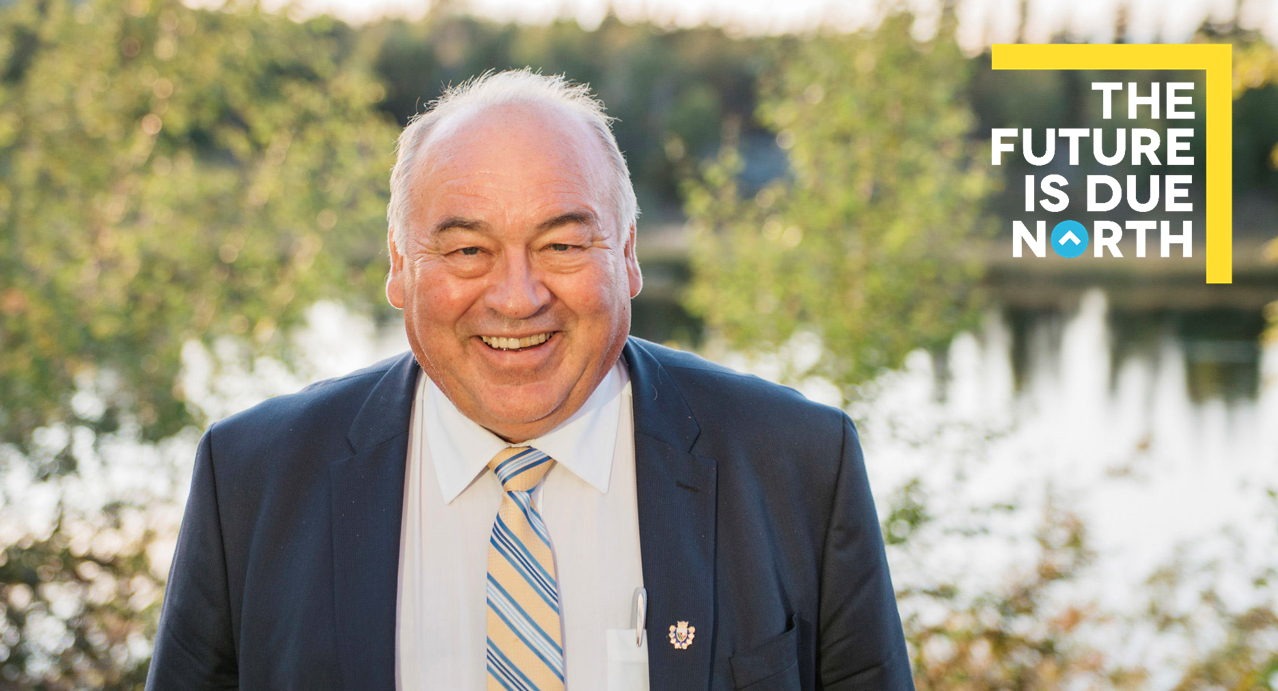
Foreword: The future of Canada lies in the North
BY BOB MCLEOD
PREMIER OF NORTHWEST TERRITORIES
The Arctic has always been an important symbol for Canada. We like to think of ourselves as a northern nation, with a leadership role in the Arctic and a clear ability to set policy and determine what happens in the region. Stories like those of the Franklin expedition and the Lost Patrol are woven into our history curriculums, and people in every corner of the country identify with familiar Arctic images like the Inukshuk, polar bear and Aurora Borealis.
But what do Canadians really know about today’s North, and how useful are these popular beliefs and images for helping address the opportunities and challenges our country faces right now in the modern Arctic?
As the effects of climate change increase access to the Arctic, the global geopolitical context for the region is changing. With enormous untapped opportunities for shipping, research and resource development, many countries are looking to influence the development of policies and international agreements that will benefit them and their interests.
Global powers like China, Russia and the United States are deliberately ramping up their presence and level of activity within their own borders and across the circumpolar world in an effort to secure and further their national priorities.
Other nations clearly understand the importance of the global north and they are moving to secure their interests but, we must ask ourselves, is Canada keeping pace?
If Canada wants to retain its effective power to shape and influence decisions in its own backyard, it must make sure it clearly understands its interests in the Arctic and is prepared to back them with solid policies and strategic investments.
Knowing the North is a critical prerequisite for good policy and good decision making. Old understandings and popular sentiments about the Arctic will not position our country to adequately address the challenges and opportunities the Canadian North faces in the 21st century.
The papers collected here by the Public Policy Forum represent an important contribution to Northern policy research. Their authors are leading the way in studying and thinking about today’s Arctic on matters of vital national—and international—interest: the effects of climate change on a fragile environment, Indigenous reconciliation, social justice, and the responsible development of strategic natural resources.
As global interest in the Arctic continues to grow and more and more countries move to establish a commanding presence here, research like this will become increasingly important in helping Canada retain its leadership role in the region, and to create a positive future for Northern residents—and all Canadians—that’s supported by a clear vision and good, evidence-based policies.




